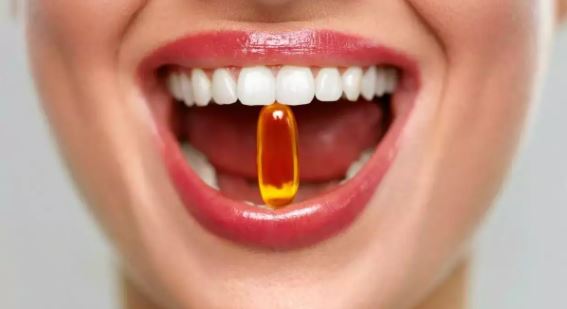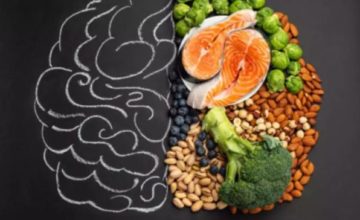
The key to improving our overall health is by eating nutrient- and mineral-rich foods. Vitamins and minerals play an important role in maintaining our health and wellness.
Having said that, a woman’s body goes through a multitude of changes, physical, mental and hormonal, which makes them subject to specific nutrient needs.
For instance, a teen girls requirement for nutrients and minerals may differ from that of a breastfeeding or a menopausal women.
Some may require supplementation, while others may have a sufficient amount of nutrients in their bodies already. However, it is essential that you get your daily dose of vitamins and minerals at all costs.
Here’s a list of the most important vitamins and minerals women should take on an everyday basis.
1. Vitamin D
Vitamin D is a fat-soluble vitamin that helps boost immunity, promotes bone health and looks after the development of our muscle cells. It is said to be a kind of hormone that is produced from the skin when it is exposed to sunlight. Besides sunlight, vitamin D-rich foods can be a good source of this essential nutrient. In certain cases, supplements can be taken, if prescribed by doctors and medical professionals. Excess supplementation can sometimes lead to vitamin D toxicity, which can give rise to other health complications.
2. Vitamin C
Unlike Vitamin D, Vitamin C is a water-soluble vitamin containing antioxidants that helps combat free radical damage, infections, and chronic disease. At a time when infection rates are high and COVID-19 continues to impact our health, it is important to have foods that help boost immunity and keep illnesses at bay and that’s what nutrients like vitamin C specializes in. The best food sources of this essential nutrient are citrus fruits, strawberries, broccoli, red and green peppers, kiwifruit and more.
3. Folate
Folate is also a water-soluble B vitamin, which can be obtained from green, leafy vegetables and certain fruits. This particular vitamin plays a vital role in making healthy red blood cells and DNA. This also helps in cell and tissue growth, such as skin and hair. For women, who are pregnant, folate is an essential nutrient, crucial to prevent certain types of birth defects and abnormalities. That said, most pregnant women are recommended to take folate. However, make sure you consult with your doctor.
4. Iron
Iron holds the key to many bodily functions. Besides being used to make hemoglobin, a protein in red blood cells that carries oxygen from the lungs to all parts of the body, it also helps produce myoglobin, a protein that provides oxygen to muscles. That said, deficiency in this particular mineral may cause extreme fatigue and weakness. In severe cases, it may cause shortness of breath, an inflamed, swollen tongue or mouth and can also lead to conditions such as anemia.
5. Calcium
Calcium plays a significant role in keeping your bone and teeth healthy intact. Apart from that, it helps manage your blood vessels, nerves, hormones and more. Hence calcium deficiency can lead to many health problems, including muscle weakness, cramping and joint pain. In severe cases and if left untreated for a long time, it can also cause a decrease in bone mineral density called osteopenia, which can be chronic.
6. Magnesium
Magnesium is one of the essential macro minerals that helps maintain a healthy body. Not only does it promote a healthy heart, it also helps manage stress, regulate proper sleep cycle and also boosts immunity. Those deficient of this mineral may suffer from frequent headaches and nausea, get muscle pain and cramps and may lose appetite, while also feeling weak and fatigued. The Institute of Medicine of the National Academy of Sciences recommends that women aged 31 years and above receive a dietary intake of approximately 320 mg of magnesium.




